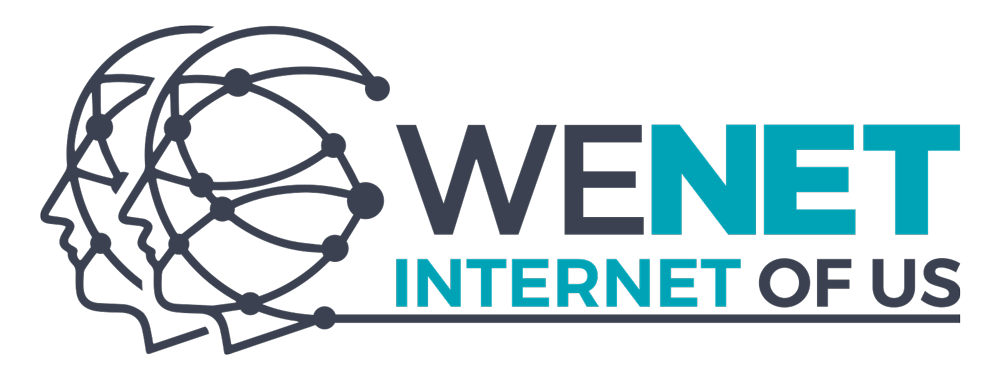
As part of the Empirical Studies on Hybrid Human-Artificial Intelligence (EHHAI) that WeNet is organising within the Diversity-Aware Hybrid Human-Artificial Intelligence (DHHAI), a workshop of the 2nd International Conference on Hybrid Human-Artificial Intelligence (HHAI 2023), which will take place on June 26, we welcome contributions across disciplines, in the form of papers, resulting from a shared data-analysis task. The accepted submitted papers will be discussed in this session within the workshop.
The Dataset
The data to be analysed will be made available three months before the workshop. The dataset was collected through the iLog smartphone application and consists of 158 students from University of Trento that provided 139.239 annotations about their daily routines and data coming from 30 smartphone sensors. In particular, the annotations were provided answering four questions, namely (1) “What are you doing?”; (2) “Where are you?”; (3) “With whom are you?”; (4) and “What is your mood?”. The dataset is anonymous and therefore outside the scope of EU Regulation 2016/679 (GDPR), it has been designed to be of high quality and to be reusable in multiple disciplinary fields. The different parts of the dataset are made available for research purposes.
Research topics and disciplines
Your research on the data should be revolving around the following topics:
1. Daily routines
Daily routines refer to activities, such as studying, travelling, shopping, which are repeated habitually on a daily basis and are meaningful to people as parts of their everyday life. They are often associated with consumption behaviour, since understanding daily routines better would enhance the possibilities to stimulate behavioural change towards reduced resource use.
As social, daily routines are subject to similarities and differences for different individuals in time and locations. Hence, the purpose of the track is to model students’ social practices and discover similarities and differences.
2. Social media and daily smartphone usage
There are different definitions of social media, from the most restrictive ones that consider only platforms that favour person-to-person interaction, to those that also include online video games, up to the entire Web 2.0. Whatever the definition is, from these studies it is possible to deduce various correlations (if not impacts) of social media on the way one lives one’s daily life, social relationships, but also their link with mood and personal well-being.
This track focuses on a comparison of social media usage in students’ daily lives.
Requesting access to data
A license must be signed before downloading the dataset. Some relevant licensing conditions are: (i) the datasets may only be used for research purposes; (ii) redistribution of the datasets is forbidden; (iii) once downloaded, the datasets cannot be made public (e.g., on a website).
Please find below all the necessary documentation to submit your proposal and request the dataset. Each request, in addition to the researcher’s credentials, should also specify the topic they’d like to conduct their research around (daily routines or social media).
The completed request can be sent to: datadistribution.knowdive@unitn.it
Once received, the request will be validated and access granted to the dataset of the selected topic.
Further instructions will be sent upon sharing the dataset. Given the nature of the workshop and of the tasks, a helpdesk service will remain active for the entire duration of the call.
Submissions
Registration
Publication of accepted research
For any inquiry feel free to contact the helpdesk: we welcome your questions and feedback!
This event is funded by the European Commission




